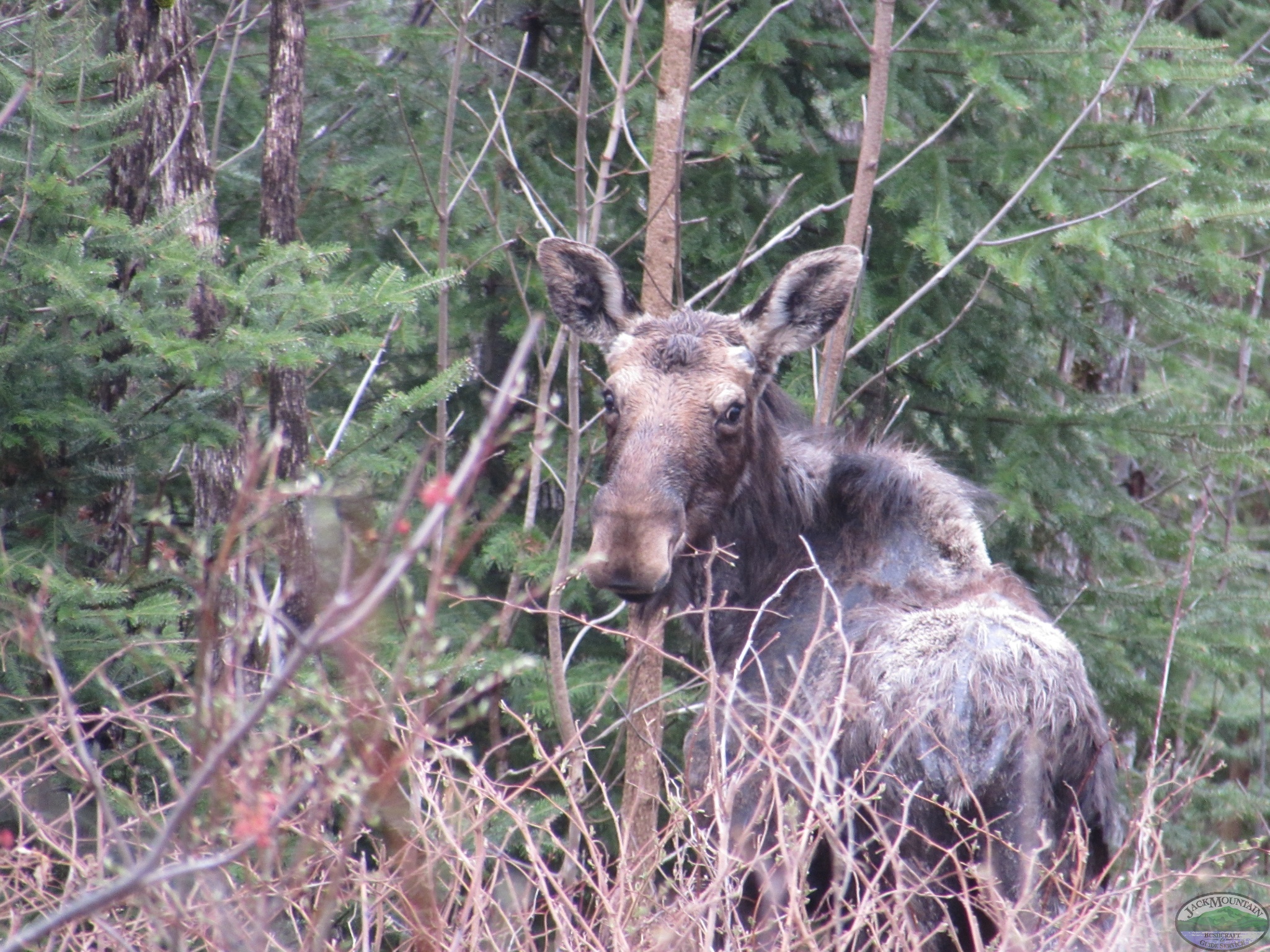Can’t seem to find that. Maybe hit the back button, or if you’d like to start over on our home page, it’s at JackMtn.com.
We’re Fresh Out Of Ideas


Can’t seem to find that. Maybe hit the back button, or if you’d like to start over on our home page, it’s at JackMtn.com.